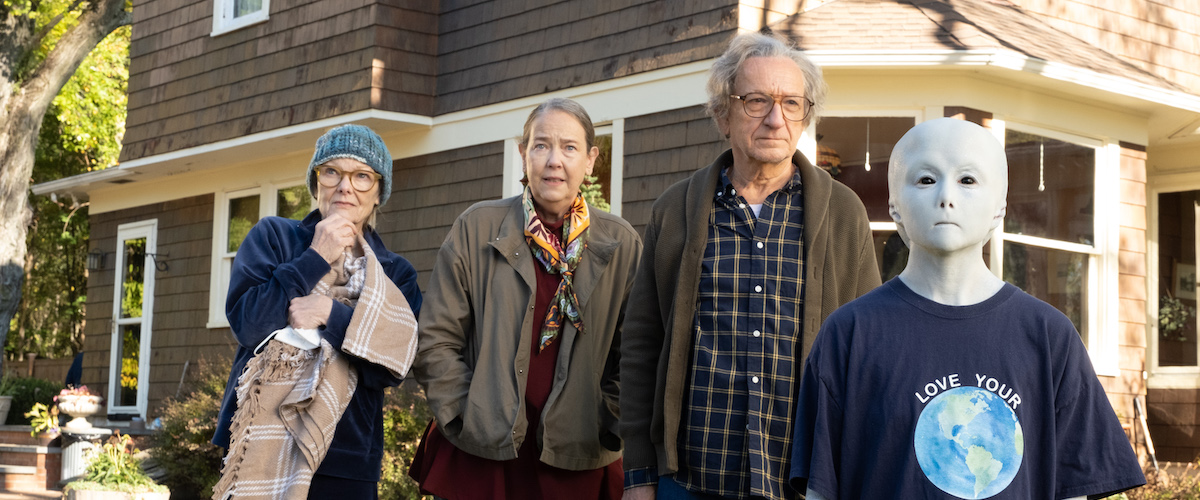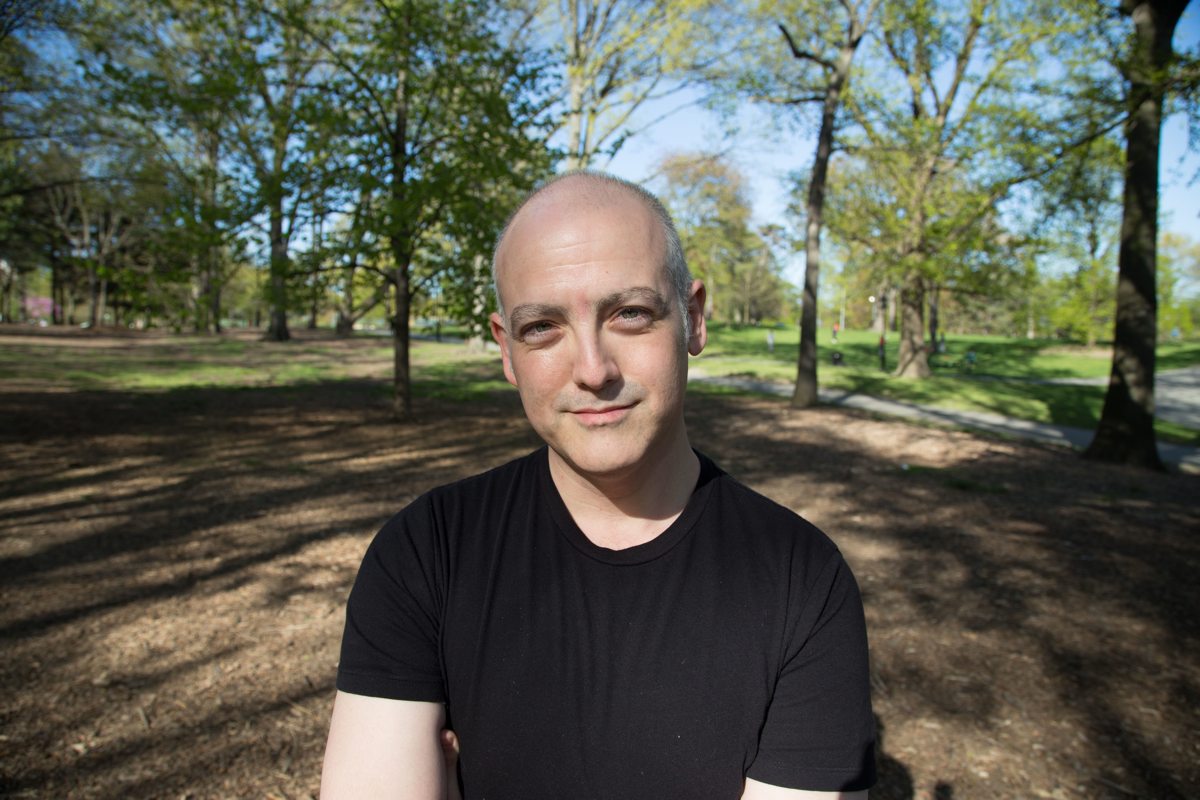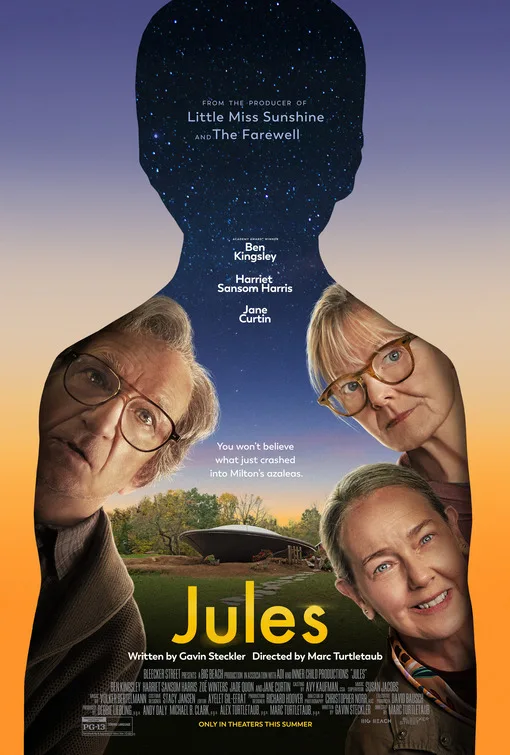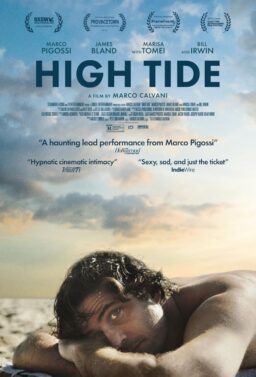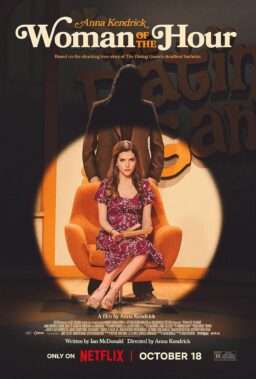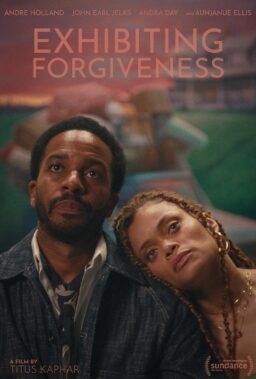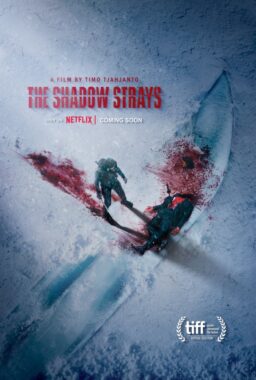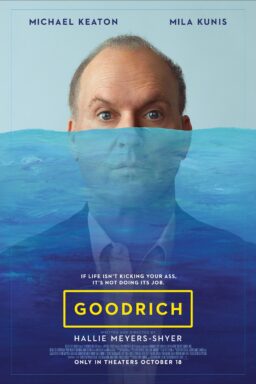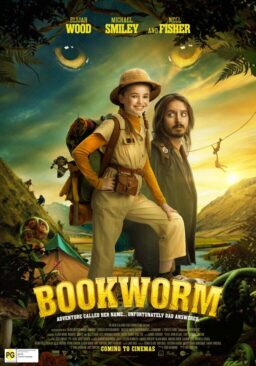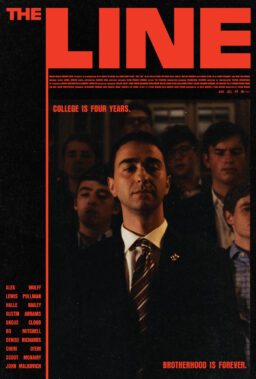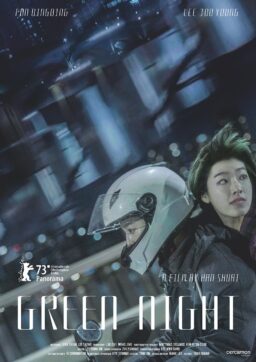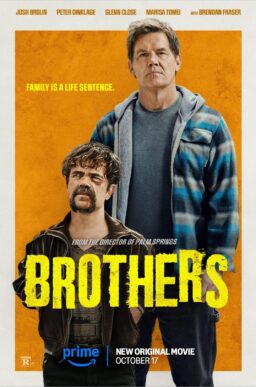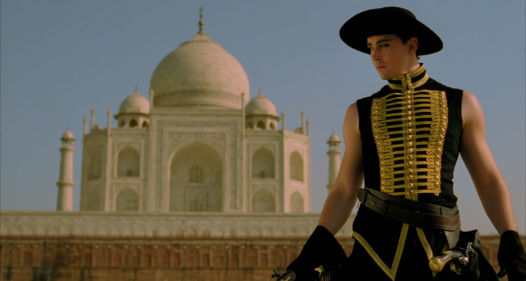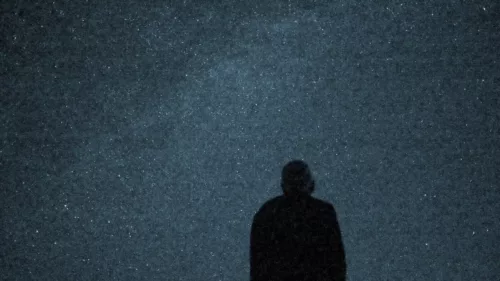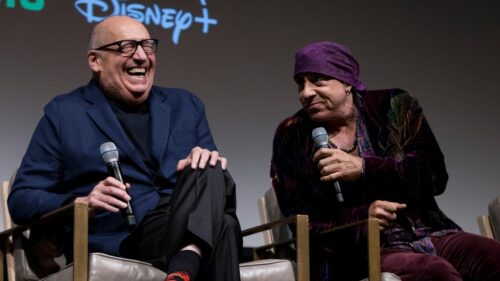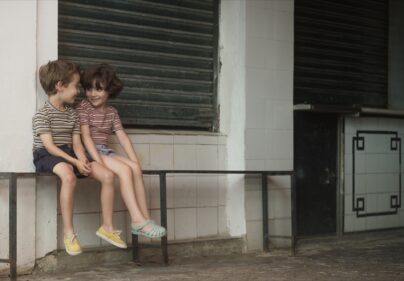Three senior citizens meet an extraterrestrial in “Jules,” a film that will never be mistaken for “E.T.” or “Cocoon,” even though science fiction fans will think about both of them constantly, and the film doesn’t discourage them from doing so. The setting is Boonton, Pennsylvania, a town that’s just rural enough that an old-school, 1960s-looking flying saucer could crash in the backyard of a man named Milton Robinson (Ben Kingsley) without being seen by anyone else in the community. The movie is unusual in exploring the relative isolation of older Americans in the 21st century, at a time when technology supposedly brings everyone closer together. Those aspects of the story resonate more strongly when they’re explored directly than when they’re being broached through science-fiction metaphors.
Milton doesn’t have much regular contact with anyone but his veterinarian daughter Denise ( Zoe Winters of “Succession”) and the town officials and citizens he sees weekly at a city council meeting. We assume Milton is widowed, although the movie doesn’t get into that aspect of his life, and he has another adult child, a son, that he hasn’t spoken to for a long time because they’re estranged (the son apparently resents him for unspecified failures of parenting). As played by Kingsley—who has put a lot of thought into the character’s accent, facial comportment, and gestures, and has been fitted with a hairpiece and glasses that make him look like he could be Noam Chomsky’s long-lost brother—Milton is the sort of older man that you might see all the time at a local post office or supermarket but not really register until he stops coming around.
What gives his life meaning are the regular appearances before the city council, where he repeatedly raises the same two issues: changing the town’s slogan and installing a crosswalk at a particular intersection. Unfortunately, even the relatively modest feeling of regularity is jeopardized by Milton’s early onset Alzheimer’s, which is established early in the story by showing the character asking the same two questions repeatedly at the council meetings and putting a can of green beans in an upstairs bathroom medicine cabinet.
The subjects of time, memory, the past, and regrets about mistakes are woven into the story. But once that flying saucer crashes in Milton’s backyard and the title character, a little grey creature who never speaks but makes powerful eye contact, shows up, the movie concentrates more on the question of when the visitor is going to be discovered and his burgeoning (though unconventional) relationship with Milton and other major characters will come to an end.
The performances of Kingsley and the other two over-seventies cast members, Harriet Sansom Harris and Jane Curtin—as Sandy and Joyce, two other regulars at the city council meetings who become concerned about Milton and take an interest in his personal life—keep the movie grounded. So do the details of the characters’ lives. We learn that Sandy has a daughter who’s in a same-sex marriage (which she completely supports) but spends so much time trying to win the love of her new mother-in-law that she hasn’t spoken to her mom in three years.
We initially don’t learn much about Joyce, whom Curtin, a criminally underused performer, enlivens with a prickly real-world intensity that contrasts nicely with the more subdued Kingsley and Harris. But she becomes more prominent about halfway through, and then we get a few salient details, including that the happiest time of her life was when she lived in the big city, which she means Pittsburgh. The idea of a major urban area as a place where a lot of people relocate in youth to find themselves, only to eventually go back to the place from whence they originally came, is a familiar story that doesn’t get as much play as one about people who don’t return. (Another wonderful detail: although Milton and Sandy refer to the visitor as Jules, Joyce decides it looks more like a Gary and persists in using that name even as the others continue to call it Jules.)
The entire thing—as written by Gavin Steckler and directed by Marc Turteltaub—is sensitive, intelligent, sweet, and presented with considerable integrity, right down to the direction, which is scrupulous in not showing anything that doesn’t actually need to be seen. But it also seems to be battling and sometimes succumbing to a case of TIFC, The Indie Film Cutes. The pizzicato-heavy score, by Oscar nominee Volker Bertelmann, in particular, has an insurance policy feeling, like a network TV score that’s constantly reassuring viewers that a show’s characters are harmless and heartwarming even though their actions make them seem unhappy and socially maladjusted.
Maybe it’s one of those films that might have landed with more force and made a more lasting impression if it dared to get deeply strange instead of remaining merely eccentric or, perhaps, if it had leaned harder into psychological reality. In particular, there’s an act of tremendous shocking violence late in the film, the sort of thing that would rarely occur in anything but a horror film, yet the characters who are most affected by it just sort of shrug off—like, “Wow, we never saw that coming, that’s a new wrinkle”—and later discuss it mainly in terms of their relationships with the visitor, who looks and listens and occasionally makes overtures towards communication and sometimes acts, but never speaks. (Jade Quon’s entirely physical performance rounds out the main cast and is the film’s stealthy triumph: it’s not easy to keep an audience mesmerized when the role as written requires you not to interact with your scene partners in any of the usual ways.)
The opening section portrays the routine of an isolated senior affected by dementia with enough sensitivity and observant detail that it might make viewers wonder if there’s a realistic and altogether deeper film to be made just about that—though, to be fair, it might’ve had even less of a chance of getting made and seen by a wide audience (unless it was an Oscar-baiting drama starring Anthony Hopkins, which does exist and is titled “ The Father“). All in all, “Jules” has a not-quite feeling, like a sneaker that fits the foot well but hasn’t been laced up.
Now playing in theaters.

